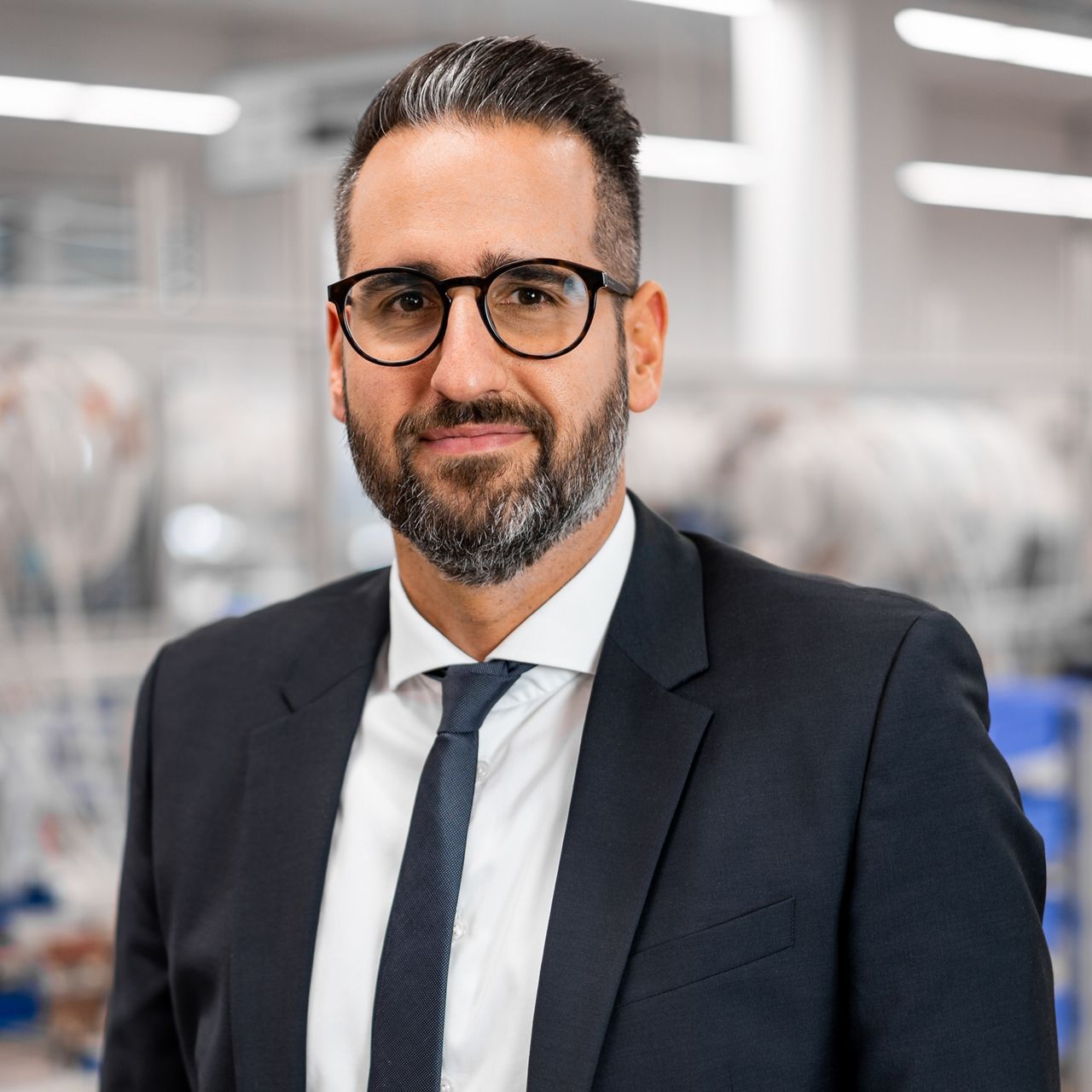
This is how smart companies of the future will be


Modern and progressive companies are no longer thinking about topics of the future, but are already successfully implementing them. An example: The advancements of ASSA ABLOY, the leading manufacturer of locking system and lock technology, in the field of the major Industry 4.0 topic "Smart Factory". In an interview, Aristidis Kotarelas, Chief Operating Officer at ASSA ABLOY (Schweiz) AG, explains exactly what this means and how the company is establishing its vision for the future of intelligent and self-coordinating production at all three locations in Switzerland.
What does Smart Factory actually mean? Can you explain this briefly?
Aristidis Kotarelas The term Smart Factory is best translated as 'smart and connected factory'. In connection with the developments of Industry 4.0, the aim is to create a production environment that organises itself. By definition, in a smart factory, independently coordinating and interconnected systems determine the entire production of a product, right through to system maintenance. This makes the production process very transparent, significantly more efficient and reproducible. Through the intelligent networking of production systems, information about specific systems for controlling the individual production steps up to the end product is exchanged directly with each other. This also enables the responsible employees to monitor, document and coordinate the entire production process in real time.
A pragmatic question – How did you tackle this complex topic at ASSA ABLOY specifically?
Aristidis Kotarelas Complex is the right word – because it's not easy to implement the smart factory concepts at three different locations as in our case in Switzerland. Automation in itself is one side of a smart factory. In this regard, we are moving forward at all three locations. Networking the systems and evaluating and correctly interpreting the amount of data collected with smart production processes is the other side. A 'brain' is needed, so to speak, which bundles and processes all this information logically in order to ultimately control the systems. We are currently closest to achieving a master system like this in Richterwil. The whole thing is a constant work-in-progress, where a great deal of expertise and know-how is required.
When did you specifically start the first measures on the route to a Smart Factory?
Aristidis Kotarelas We have progressed the furthest at our site in Richterswil. KESO locking systems and access control systems have always developed continuously in the course of industrial progress within the industry. In addition to the reduction in production depth at the Richterswil site, production processes have gradually progressed towards becoming more modern and efficient. So in Richterswil, we dealt with automation and operation excellence relatively early on. Initial ideas became more concrete from 2013. We carefully examined which value-adding activities can be easily automated and created various business cases from them. From 2015, we began operating the first fully automatic production system at KESO. Today, production in Richterswil is largely automated, except for a few production steps that cannot be automated.
Development is also progressing at MSL in Kleinlützel and Planet in Tagelswangen. We have been using the first collaborative robot at MSL since 2016. A number of other robots and automation systems have been added, which are now even built internally by our highly-experienced automation team. Another step towards networking and thus towards the smart factory was the commissioning of a fully automated high-bay warehouse (Vertical Buffer Module), which has now been networked with our AGVs (Automated Guided Vehicles), thereby ensuring the automatic and efficient stocking of the required semi-finished products at our assembly locations. In Tagelswangen, on the other hand, we have had some good experiences in the automation of our packaging processes and also in our stamping department.
You can find out how the measures implemented will pay off for customers and what direction the developments at ASSA ABLOY will take in the second part of the blog series.
